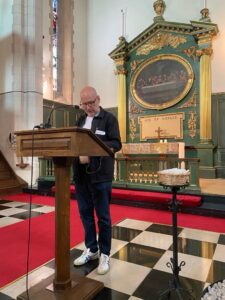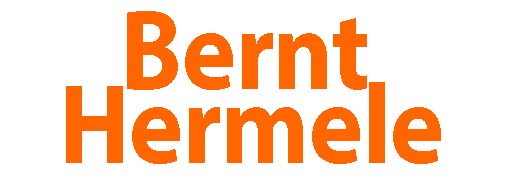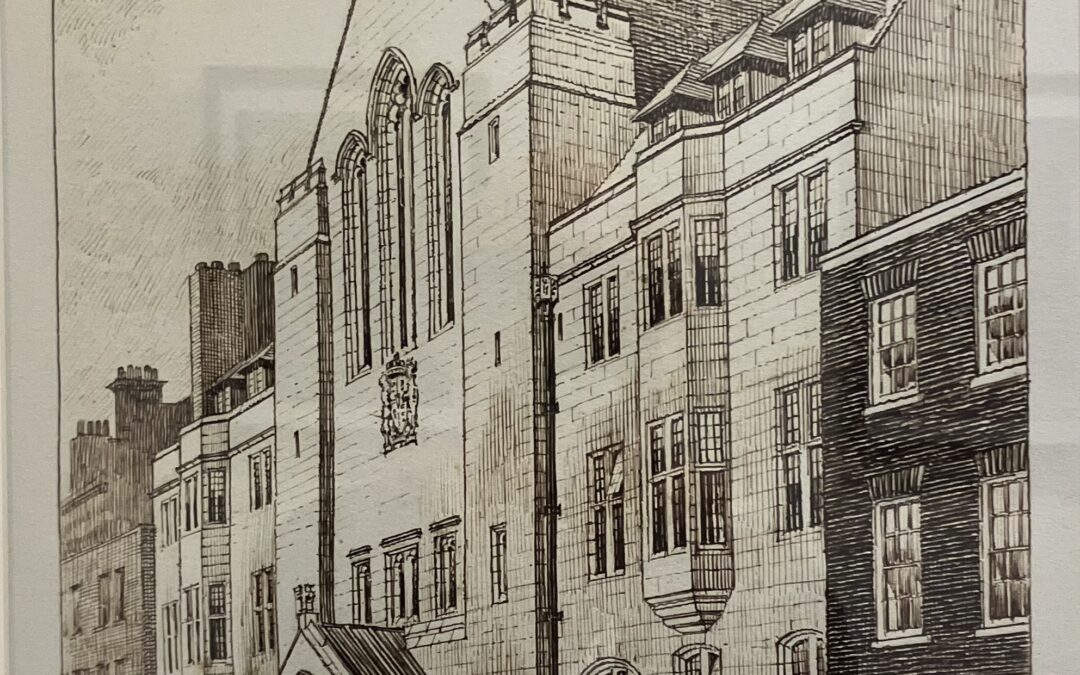We live in troubled times, with war, natural disasters and deadly diseases. But I´m guessing that people have always lived in worried times, with drought, war and famine. The periods of peace and prosperity have in a historical perspective often just been a short break. The advancement of democracy have often been followed by setbacks.
Today is United Nations Day, we commemorate the memory of the UN Charter, that came into force on this day in1945. The charter states that the UN´s purpose is, among other things, to upphold international peace and human rights. The International Court of Justice is also part of the UN Charter.
Well, as you can see, these fine words and the actual reality are two very different things. This might seem hopeless, but as the author Dostoyevsky once put it:
“To live without hope, is to cease to live.”
Despite everything I want to speak about peace and reconciliation in these hard times. I will speak about this from my personal point of view.
I would like to share with you, if I may, a quote by the author Aldous Huxley from his novel “Island”, written in 1962:
”It’s dark because you are trying too hard.
Lightly child, lightly. Learn to do everything lightly.
Yes, feel lightly even though you’re feeling deeply.
Just lightly let things happen and lightly cope with them.
I was so preposterously serious in those days, such a humorless little prig.
Lightly, lightly – it’s the best advice ever given me.
When it comes to dying even.
Nothing ponderous, or portentous, or emphatic.
No rhetoric, no tremolos, no self conscious persona putting on its celebrated imitation of Christ or Little Nell.
And of course, no theology, no metaphysics.
Just the fact of dying and the fact of the clear light.
So throw away your baggage and go forward.
There are quicksands all about you, sucking at your feet, trying to suck you down into fear and self-pity and despair.
That’s why you must walk so lightly.
Lightly my darling, on tiptoes and no luggage, not even a sponge bag,
completely unencumbered.”
Huxley´s words resonate. I need words that resonate, that make me feel connected, that enables me to think and feel. Especially in these troubled times.
I woke up the other morning with a feeling that I couldn´t put into words. This made me feel a bit lost. I eventually got hold of the following sentence:
I feel an anxiety beyond words. (I feel an anxiety beyond words.)
These words gave me some kind of relief, I was able to feel lightly even though I was feeling deeply.
In Aramaic we refer to the power of words with this phrase:
We create the world as we speak – “Abruq ad babra”. Which in our culture has become “Abra Kadabra”.
We create the world as we speak.
Language creates a meaning and a purpose in my life.
Which leads me back to peace and reconciliation in these hard times.
I´ve gone thru some hard times.
We all have.
Let me give you a quick bakground:
I was born in Stockholm in 1953. Stockholm is still my hometown. I was brougt in a jewish home, my mother had very strong religious beliefs, my father was an atheist. But at home my mother´s house rules were in effect, or at least most of the time.
Her rules were as follows:
The food was kosher, no bacon, no shrimps, nothing that tasted good actually.
On shabbat there was no writing or use of technology. We didn´t turn on or off the lights or the TV or the radio. But if there was a program on TV that interested my mother she could sometimes say:
Oh, I wonder what´s on TV tonight?
And that was the signal to the rest us that she wished for someone else to turn on the TV.
Even though my parents , in many ways, had different outlooks, they agreed on thing: zionism
I was brought up with the story of Palestine being a land with no people, for a people with no land. That was a catchy slogan, but it wasn´t true. Palestine was not empty. In fact 1 million Palestinians already lived in Palestine. The creation of Israel 1948 meant the expulsion of these people, they were mainly displaced in neighbouring countries while some become internally displaced. This is the Nakba – which is arabic for the Catastrophe.
So fast forward to 2002 and back to my family story. In the spring of 2002 my mother was on holiday in Israel, like so many years before. She had the misfortune to be killed by a palestinian suicide bomber in the hotel where she was staying, together with 29 more guests. The suicide bomber was recruited by Hamas.
After this catastrophe for me and my family I shut down. Life went on of course, but I wasn´t connected. This went on for a very long time. I tried to work myself back together, but that brought no relief. Finally I took some help and underwent some trauma therapy.
For the past five, six years I have worked with two projects that resulted in two podcasts and two books; First “The Surviviors – stories from the Holocaust” and then “The Nakba – catastorphe before our eyes”. In May this year Medelhavsmuseet, The Museum of Mediterranean and Near Eastern Antiquities, in Stockholm opened an exhibition based on these Nakba-stories. The exhibition will be running up to May next year.
These two projects – The Survivours and The Nakba – have been helpful for me in coming to terms with questions of peace and reconciliation.
I want to tell you about Mr Assad Ammya, who lived in Uppsala, Sweden. He was a very sweet man and he told me this story:
”In 1947 we lived in a house on the Mount Carmel in Haifa. It was a mixed area with muslims and jews. Several of my friends were jewish, Cohen later became chief of police for the Brittish. Another one was Sahabatai Levi, one was called Spector. A girl was named Sternheim.
My Mother catered for all of them. She baked bread, boiled egg with onion so they turned brown and served cheese and yoghurt. Me and my friends spoke hebrew.
The Sternheim girl worked in a flower shop. One day she said to me:
– I will come and protect you. Wherever you are I will come and get you. Call med and I´ll come running. Don´t be afraid.
I still remeber her phone number: 3917.
(Mr Assad starts to cry.)
I was 13 and worked in a cafe in Haifa. The name of the owner was Siegel. He spoke only German. In the cafe also worked Johanann. We became friends. One day Jochannan was run over by a brittish military jeep. The driver was drunk. My friend was taken to a hospital but died four days later. I wanted to attend his funeral, but couldn´t. I did not have any thing to cover my head. I stood crying at the enctrance of the burial ground.
– Is it your brother? a man asked.
– No, it´s my pal, but he felt like a brother.
The man gave me a kippa with the star of David, so I could approach the grave.”
These stories of war and trauma somehow resonates. 22 years after the killing of my mother I have reached a point where I am able to express my feelings thru these four sentences:
“My mother, Perla Hermele, was born 1923 in Köningsberg in the German province of Ostpreussen.
When the city 1946 became part of the Soviet Union the name was changed to Kalingrad.
She was killed 2002 in Netanya, in Israel.
It used to be called Umm Khalid, in Palestine.


